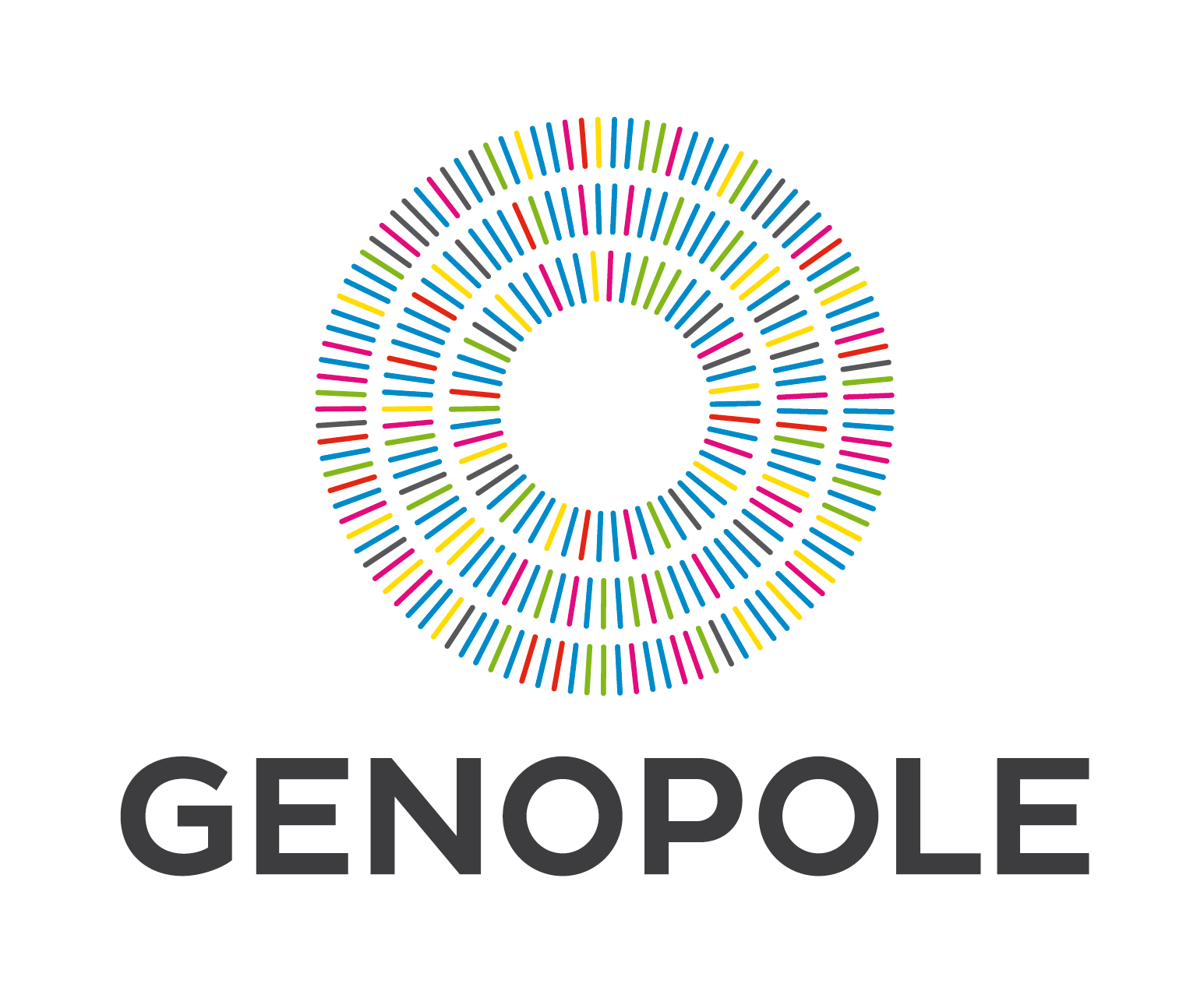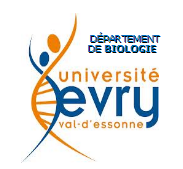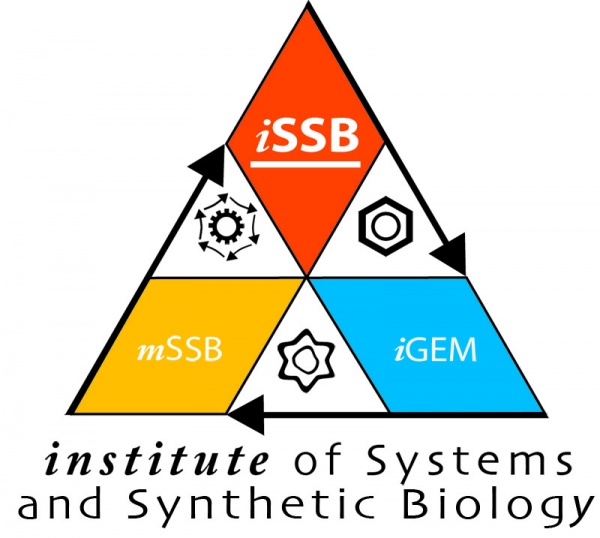Team:Evry/Sensor
From 2013.igem.org
| Line 18: | Line 18: | ||
</p> | </p> | ||
<ul style="padding-left:50px"> | <ul style="padding-left:50px"> | ||
| - | <li>AceB promoter</li> | + | <li>AceB promoter - (<a href="http://parts.igem.org/wiki/index.php?title=Part:BBa_K1163102">BBa_K1163102</a>)</li> |
| - | <li>Fes promoter</li> | + | <li>Fes promoter - (<a href="http://parts.igem.org/wiki/index.php?title=Part:BBa_K1163108">BBa_K1163108</a>)</li> |
| - | <li> | + | <li>FepA promoter - (<a href="http://parts.igem.org/wiki/index.php?title=Part:BBa_K1163105">BBa_K1163105</a>)</li> |
| - | <li>yncE promoter</li> | + | <li>yncE promoter - (<a href="http://parts.igem.org/wiki/index.php?title=Part:BBa_K1163111">BBa_K1163111</a>)</li> |
</ul> | </ul> | ||
Revision as of 19:21, 28 October 2013
Iron Sensor

Construction of the iron-responsive biosensors
E. coli's genome is composed of many Fur binding site. Based on a genome study, we identified 4 promoters which are controled by the FUR protein.
- AceB promoter - (BBa_K1163102)
- Fes promoter - (BBa_K1163108)
- FepA promoter - (BBa_K1163105)
- yncE promoter - (BBa_K1163111)
Using PCR on E. coli genome, we extracted these four promoters. We constructed iron-responsive biosensors by combining 3 genetic parts: an E. coli promoter with a Ferric Uptake Regulator (Fur) binding site, a fluorescent reporter (sfGFP), and a transcriptional terminator (see Figure 1 below). Promoter-reporter fusions were made with flanking restriction sites that are compatible with Biobrick-based cloning.


Fig. 1 Construction of an iron-responsive genetic element by fusing a Fur-regulated promoter with a reporter gene.
These biosensors respond to ambient iron by using the Fur system to repress the reporter gene placed downstream the promoter.
Caracterisation of the iron-responsive biosensors
We constructed 4 differents iron sensor using promoters regions from aceB (BBa_K1163102), fes (BBa_K1163108), fepA (BBa_K1163105) and yncE (BBa_K1163111). Finally, pAceB appears to be the best candidate to build our sensor system. See our results

Fig 1 Diagram of our genetic iron sensor. Iron binds the Ferric Uptake Regulator (Fur) to form a complex with high affinity for the Fur box in the promoter, here shown as the aceB promoter. Once the iron-Fur complex is bound to the promoter, it represses transcription of the target gene GFP. GFP expression is thus negatively correlated with iron availability.


Fig 2 Construction of an iron-responsive genetic element by fusing a Fur-regulated promoter with a reporter gene. Promoter-reporter fusions were made with flanking restriction sites that are compatible with Biobrick-based cloning.
| NAME | FIGURE | DESCRIPTION |
|---|---|---|
|
E. coli promoter with Fur binding site |

|
iron-Fur complex binds promoter to repress expression |
|
sfGFP |

|
Fluorescent reporter gene |
|
Terminator |

|
terminator to stop transcription |
|
Plasmid |

|
Biobrick-compatible plasmid backbone |
Table I Genetic elements used to make iron-responsive sensors.
 "
"













